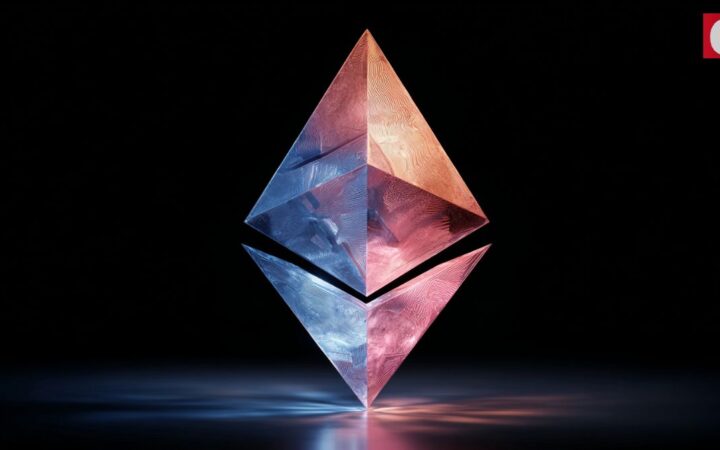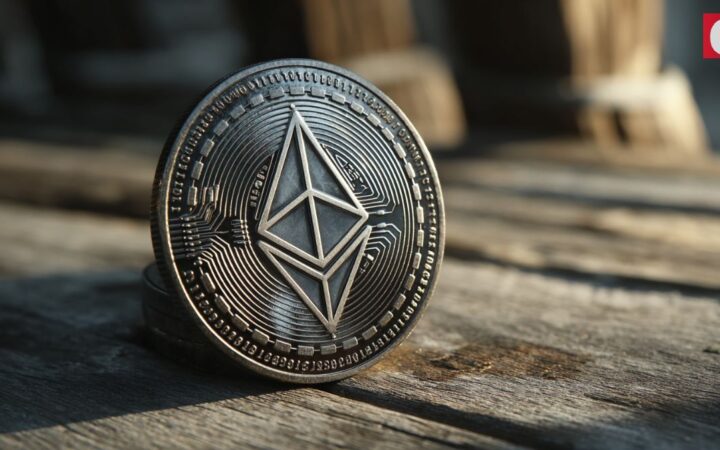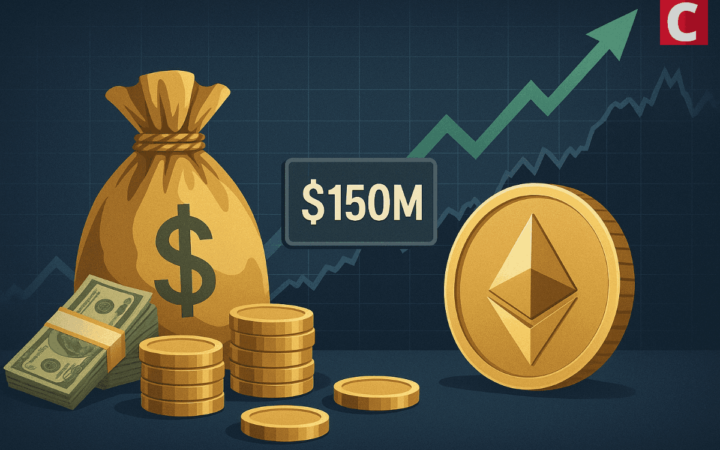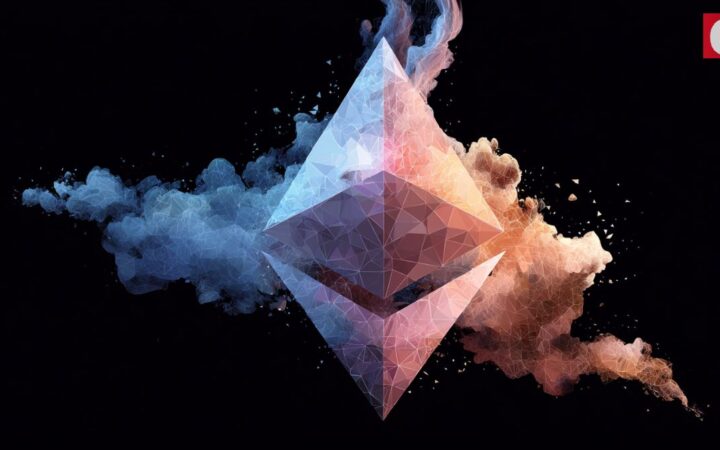
Content specialist with interest across sectors like Finance, Politics, Environment, Technology & Education. Loves Fiction! A reader, dreamer & blogger. When not writing, you will find her enjoying solitude like her cats
One of the key changes that OpenSea will work towards is to enable cross-blockchain operations on its platform.

NFT marketplace OpenSea is now valued at a total of $1.5 billion post its Series B Funding round where it raised $100 million. Crypto is still a developing industry however some entrepreneurs have already made a place for themselves in the future crypto world. OpenSea is one such entity that allows traders, owners, and developers to create, trade, and develop non-fungible tokens on its wide digital market platform. NFTs hit the popular culture early this year and became a part of the regular conversation since the artist Beeple made headlines post selling his NFT, a digital art for $69.3 million.
OpenSea has only benefitted from this explosion though it had carved a niche place for itself in the industry before that. It was in March 2021 that the company had raised $23 million as part of its Series A funding. Now months later, in their Series B funding, OpenSea has raised an impressive sum of $100 million. Both the rounds were led by Silicon Valley-based Venture Capital firm, Andreessen Horowitz. Some of the other players in the recent funding comprise Coatue, Michael Ovitz, CAA, Kevin Durant, Kevin Hartz, and famous actor Ashton Kutcher. It is now officially a crypto unicorn and one of the largest NFT marketplaces in the world.
The new funds will target the infrastructure issues concerning the Ethereum blockchain. Besides, some of it would be used to attract new and competent engineers, in the international expansion to capture new developing markets and in the overall development of the marketplace, platform to make the NFT transactions seamless and secure.
As mentioned earlier, one of the key changes that OpenSea will work towards is to enable cross-blockchain operations on its platform. The company’s large carbon footprint is a result of the high amounts of computing power and energy used in the NFT creation. The high gas fee due to minting NFTs on the blockchain has been a constant roadblock for OpenSea. To make the transactions more energy-efficient for long-term stability and feasible for customers, OpenSea has already moved transactions on the Polygon platform, which is a popular Layer 2 Ethereum blockchain.
Apart from Polygon, the marketplace will also integrate its platform with Dapper Labs’ Flow and Tezos in the future. These scalable blockchains would ensure the company stays relevant and ahead of its competitors while at the same time opening up to a diverse customer pool and not just the high-value artwork market ruled by the ultra-rich.
This Ethereum blockchain-based platform for trading NFTs i.e. non-fungible tokens was born in 2017. They brand themselves as the world’s first and largest digital marketplace for crypto collectibles and non-fungible tokens (NFTs) where users can buy, sell, and discover exclusive digital assets. It allows users to conduct transactions through any crypto wallet they have.
OpenSea wishes to lower transaction costs across platforms while also enabling people to choose from a plethora of payment methods available. They want to become NFT educators in the market and be known as the brand synonymous with NFTs. Digital art ranging from art, music, domain names to virtual worlds, sports, and trading cards, OpenSea displays a large set of NFTs on its platform. Its recent revenue numbers are a key witness to its unstoppable growth. June 2021 saw OpenSea selling digital assets worth $160 million. This translates to a 45 times increase in growth since its $8 million sales in the first month of 2021.
“We’re excited about NFT’s representing a paradigm shift in technology where most of the consumer tech has been dominated by a few large companies,” Finzer said. “We think NFTs are bringing back a Renaissance, where creators, collectors, developers, and all sorts of projects will emerge, very analogous to the paradigm shift where the birth of the internet brought thousands of new early applications and ultimately, billions of people, changing their lives in a big way,” said CEO Devin Finzer.

Content specialist with interest across sectors like Finance, Politics, Environment, Technology & Education. Loves Fiction! A reader, dreamer & blogger. When not writing, you will find her enjoying solitude like her cats




